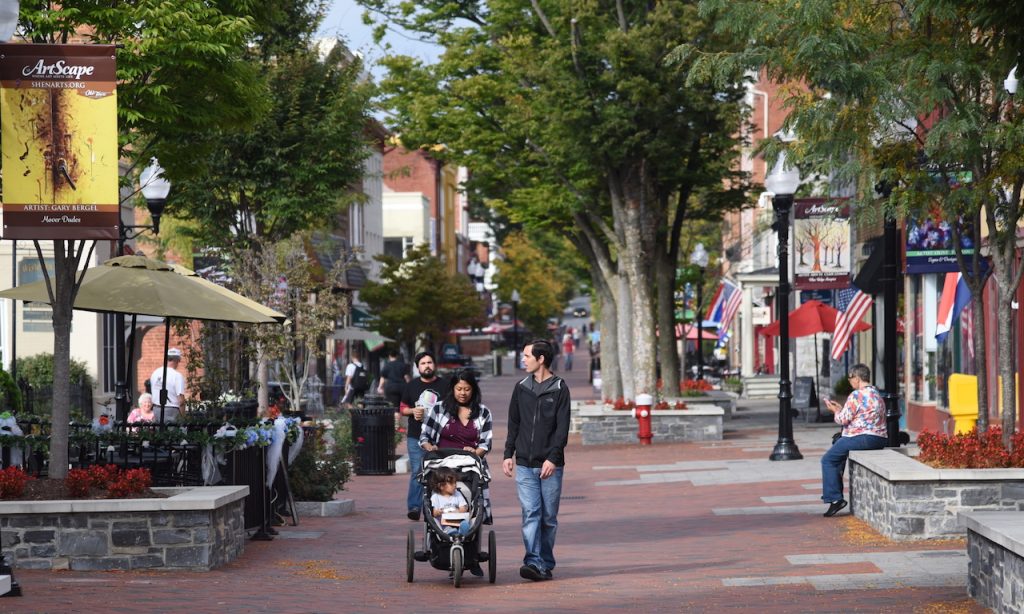
News
By Smart Growth America, November 18, 2020
Updated: The recommendations memo was revised and updated below.
The spread of COVID-19 has sent the United States plummeting into an unprecedented national crisis, but it has also illuminated the path forward. Smart Growth America, along with some of our programs, identified immediate executive actions and long-term policy changes that the incoming Biden administration can implement to eliminate structural inequities and address catastrophic global climate change.

Last week, Smart Growth America sent recommendations to the Biden transition team on executive actions and legislation (in partnership with the new Congress). Read the full memo here. (UPDATE 12/10: After receiving direct feedback from the transition team and other advocates we reorganized and augmented our recommendations. The link above reflects the new, updated version that we provided to the transition team.)
With years of federal advocacy and public service under our belts, all of us at Smart Growth America can say this for certain: simply pumping more money into existing federal programs won’t help the United States recover from the COVID-19 crisis. In fact, taking that approach will just make our economy more unequal, lead to more pollution from transportation, and result in more expensive housing that still isn’t getting built where it’s most helpful. Money alone cannot rectify the structural inequities we are facing.
To truly unlock our economic potential in a fiscally responsible way, tackle climate change and promote racial equity—the three goals of our recommendations—we need a new playbook. We must reform and better utilize the vast quantities of direct spending, tax credits, loan programs, formula funds, and financing that already exist. And only through a holistic approach that connects transportation, housing, and infrastructure policy can we provide Americans with freedom of transportation choice, access to affordable housing, and healthy, resilient communities.
Our recommendations to the transition team are best summed up with two simple messages. One, do not overlook how housing, land use, and transportation are interrelated in determining household costs, access to opportunity, wealth accumulation, and how much emissions we produce. And second, climate change and equity must be addressed together—the best strategies to improve the built environment to address one challenge also address the other.
Smart growth is the affordable, equitable, and sustainable path to recovery and prosperity. Now is the time for change enabling us to build back better, and we are glad for the opportunity to provide these recommendations to the incoming presidential administration.
Related News

© 2025 Smart Growth America. All rights reserved
Site By3Lane Marketing
















